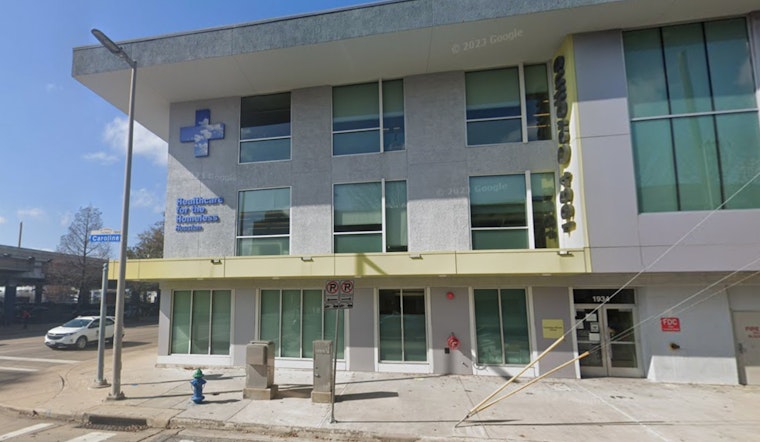
In a streetside revolution for healthcare, Healthcare for the Homeless Houston (HHH) has rolled out the city's pioneering street medicine initiative, delivering medical care directly to those who need it most. This ambitious program seeks to offer immediate healthcare services to the city's homeless population, according to a Houston Chronicle report. The street team, equipped with a minivan filled with essential supplies from blood pressure cuffs to syringes, have taken to Houston's streets to bridge the gap between those without homes and access to crucial medical attention.
The initiative is not just to swiftly react to acute medical needs, but aims to also forge lasting relationships that could coax the homeless into a more consistent healthcare routine. Dr. Mudit Gilotra, the spearhead of HHH's street medicine team, mentioned the importance of trust and follow-up in the care of these marginalized individuals. The Houston Chronicle interviewed 'Steve,' a man who had not seen a doctor in 30 years, highlighting the reservations he harbored against medical treatment owing to the potential cost. "I'd rather not know. If you're not sick, the bills will make you sick," Steve expressed his concern during the interaction with Gilotra.
The program's urgency is underscored by a grim statistic: a University of Houston study found that in Harris County, homelessness claims a life every 36 hours on average. Therefore, HHH's street medicine program is not just a welcomed service, but a potentially life-saving one. In their mission to care for the community, HHH has managed to double the number of children and families treated through their Reed Family Clinic and has provided services across ten sites amounting to over 24,000 visits. They encourage continuing support for their mission through donations, as stated in a Facebook post from the organization.
The street medicine team’s commitment extends beyond immediate care. In an interaction captured by the Houston Chronicle, a man named Robert Tobar was promised help with his diabetes-related ailment and prescriptions, reiterating Dr. Gilotra's promise to return with assistance. The program evidences health care as a right rather than a privilege, particularly to those often unable to navigate the complexities of the healthcare system due to societal and economic barriers. The current resources of HHH and donors have managed to get the program on its feet—albeit using Gilotra's personal van for outreach efforts—but the dream for an equipped and ADA-accessible Sprinter remains alive.
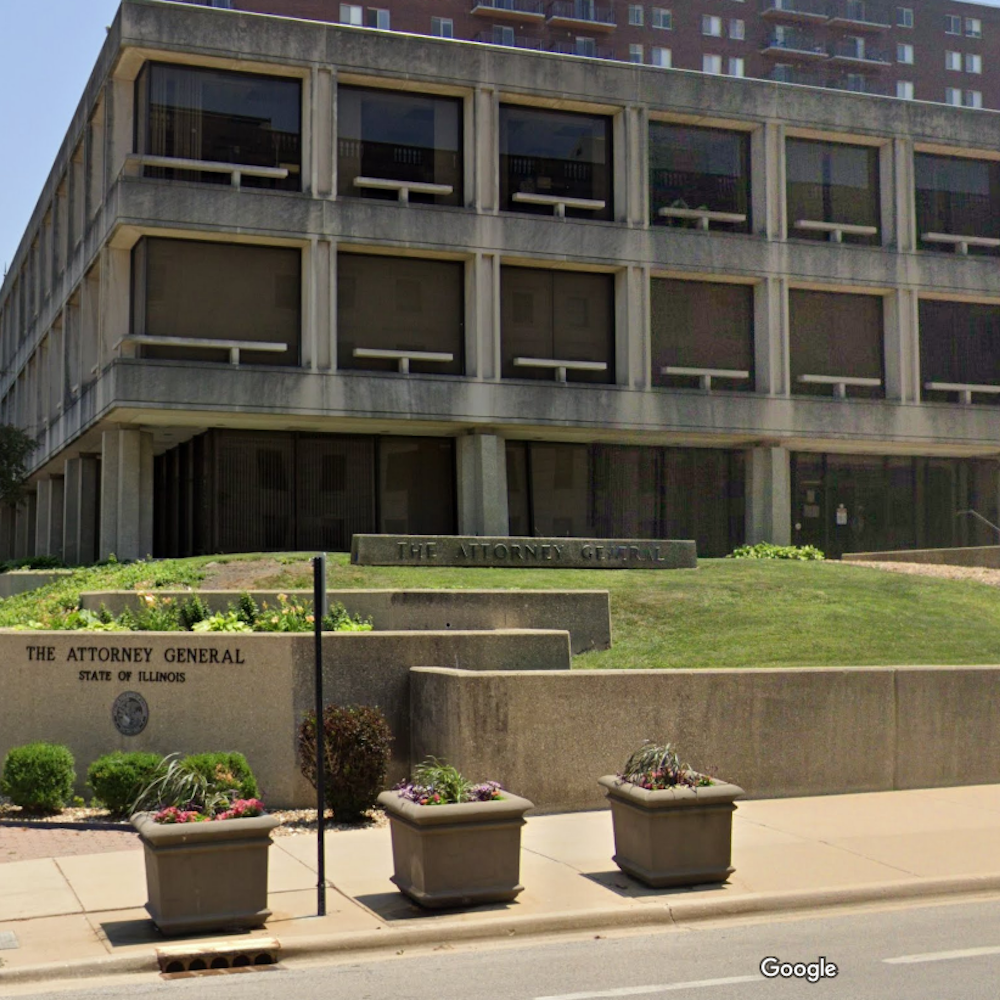


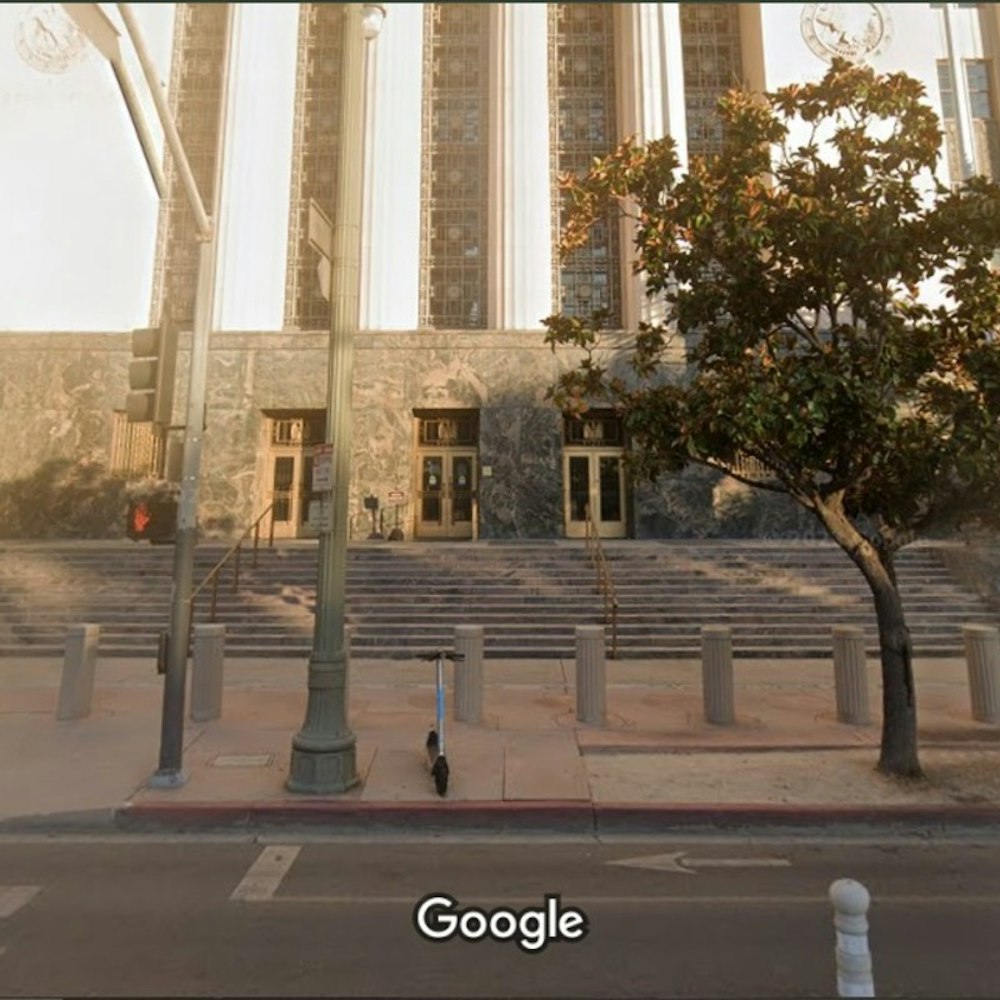


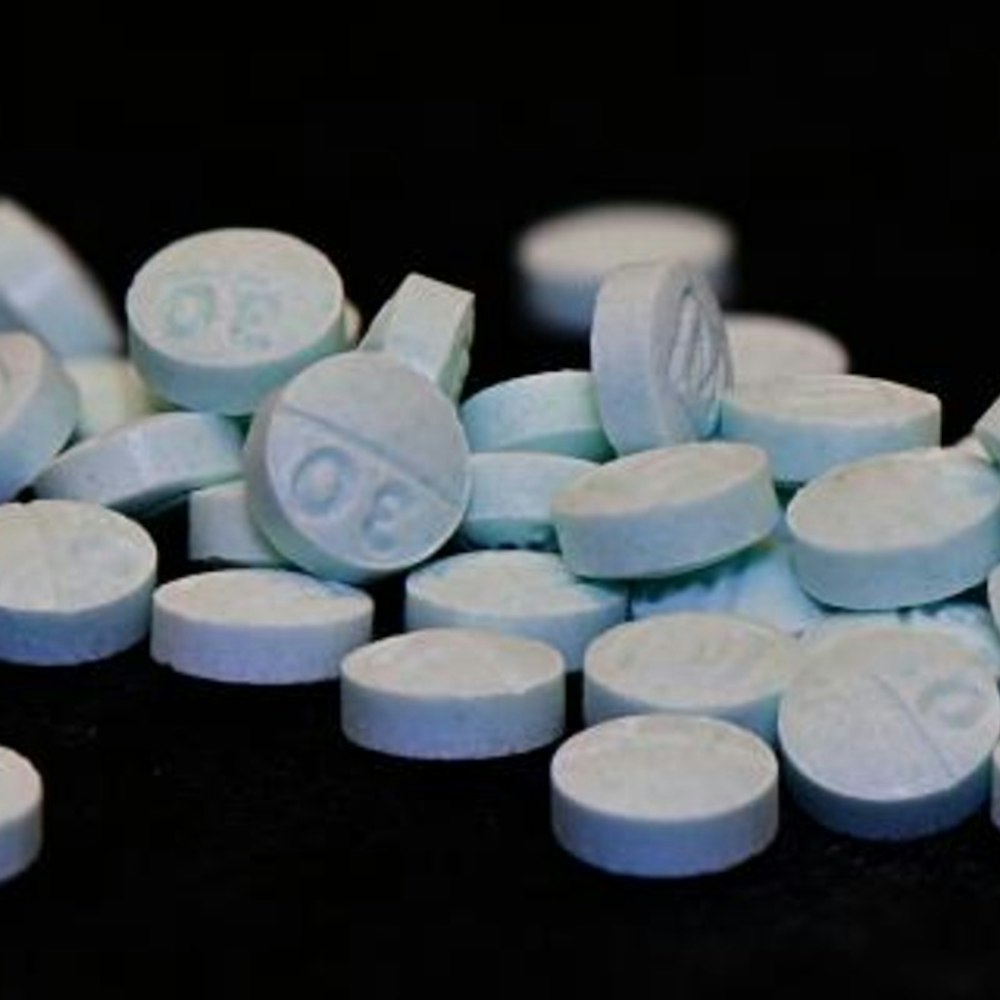
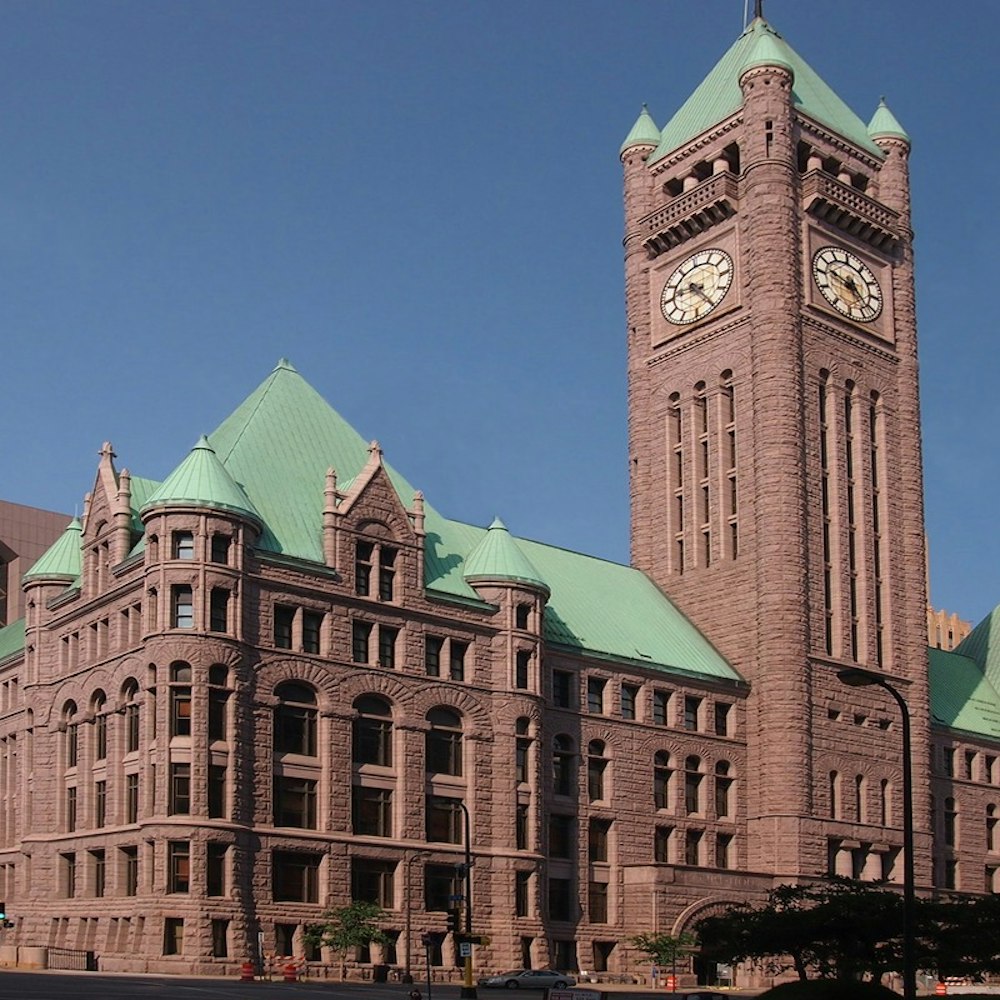
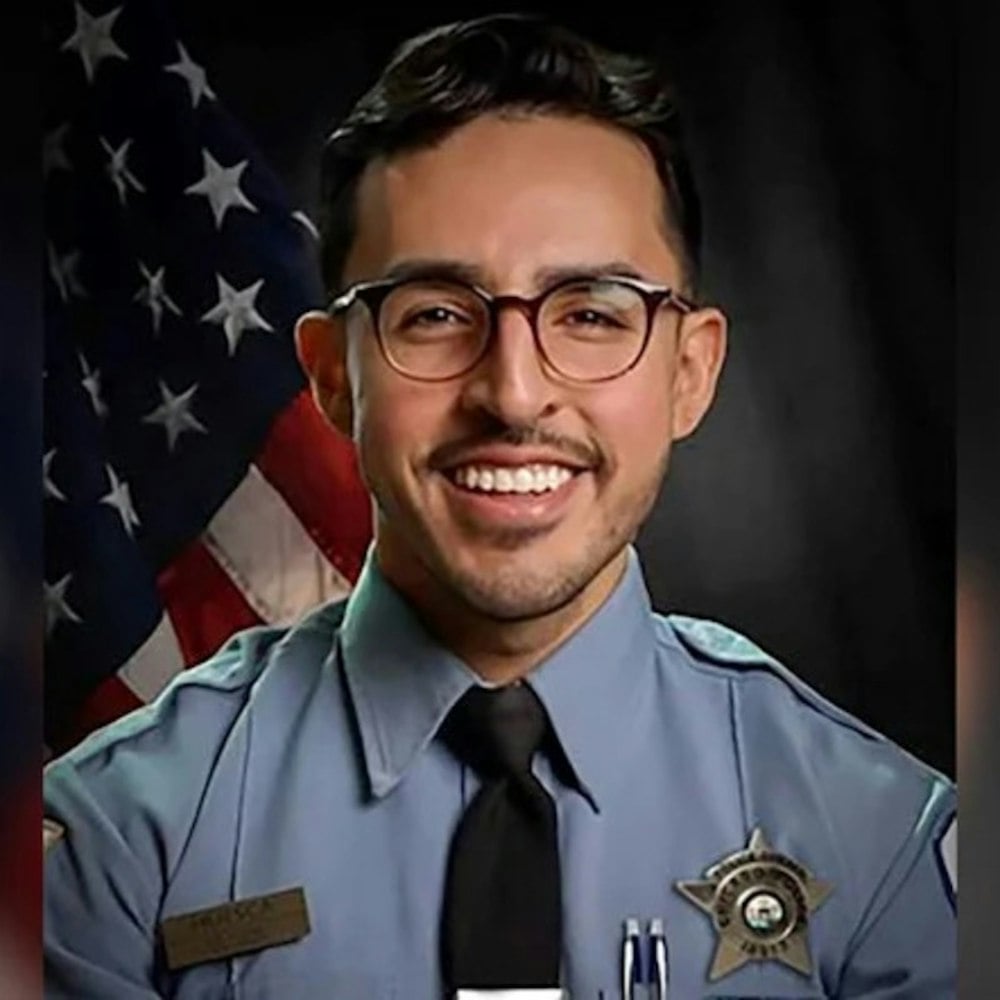
-1.webp?w=1000&h=1000&fit=crop&crop:edges)